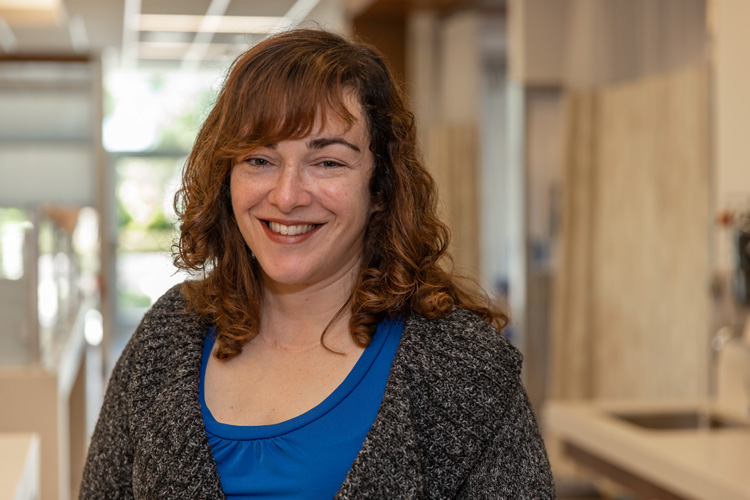
Dr. Alice Cintra, one of the newest physicians at Vero Beach’s Scully-Welsh Cancer Center, is a medical oncologist – but wait a minute, aren’t all oncologists medical doctors?
Yes they are. But in today’s sophisticated world of cancer treatment, there are three recognized oncology sub-specialties: medical oncologists, radiation oncologists and surgical oncologists. And while Memorial Sloan Kettering says “medical oncologists usually serve as treatment team leaders,” Cintra shies away from claiming a leadership role after only about a month at the Vero cancer facility.
“I like to collaborate,” she says quietly, “and I think most oncologists would say the same thing. I mean, honestly, with cancer, you have to work as a team. It’s not one doctor or another, right? It’s really a multi-specialty approach that has to happen.”
She points out that besides the three recognized oncology fields involved in cancer treatments, pathologists, radiologists, gastroenterologists and otolaryngologists or ENT doctors all play important roles, too.
Still, the National Cancer Institute echoes Memorial Sloan Kettering’s stance, saying medical oncologists usually are “the main healthcare provider for someone who has cancer,” while also giving supportive care and coordinating the treatments prescribed by other specialists. And Cintra does agree that medical oncologists “tend to be the ones that kind of guide things a little bit in cancer care,” adding that “oftentimes we are the ones that follow the patient the longest.”
Unfortunately for Cintra, medical oncologists also are thought of as the doctors responsible for prescribing and administering chemotherapy, and she says “the word chemotherapy is terrifying,” to most people.
“People [about to undergo chemotherapy] think they are going to be miserable, with hair loss, nausea and vomiting.” Cintra said. Sometimes they are, but Cintra adds that today’s chemo drugs “tend to be better tolerated” than those of just a few years ago.
Despite that improvement, Cintra says, “any time I get to do something that is not chemotherapy, that’s exciting.”
An alternate treatment she is excited about is immunotherapy, which she calls “the hottest thing right now in oncology.”
The American Cancer Society describes immunotherapy as “stimulating a patient’s own immune system to work harder and smarter to attack cancer cells.”
Not all cancer patients are candidates for immunotherapy, but, according to Cancerresearch.org, “immunotherapy has been an effective treatment for patients with certain types of cancer that have been resistant to chemotherapy and radiation treatment, including melanoma.”
Cintra has a personal history with cancer and special reasons to help lead a team that fights it.
“My own mother had breast cancer,” she says. “I lost her to breast cancer. And I went through a cancer journey, myself.”
According to the Mayo Clinic, “most women with breast cancer need some type of surgery – either lumpectomy or mastectomy – [and] most patients believe that their treatment is completed after their tumors are removed with surgery.”
Unfortunately, that belief often is mistaken: “Breast cancer is very aggressive,” the Mayo Clinic continues. “Since microscopic cancer cells can travel through the bloodstream to other organs and hide until they decide to multiply, many patients will require more than just surgery in order to eradicate the cancer completely.”
That’s where the supportive care medical oncologists provide becomes especially important.
Whatever cancer a patient is fighting, Cintra has one important piece of advice.
“Don’t compare yourself to others. Try not to. It’s very hard, but try not to compare yourself with so-and-so that you know who may have breast cancer. Maybe the characteristics of their cancer are different than yours. Because, really, breast cancer, lung cancer, they all come in different shapes. Maybe there are different molecular markers. There are all kinds of things makes everybody’s cancer unique.
“I tell patients all the time: ‘You’re not a number. You’re you. There’s nobody else in the world like you. How you respond to therapy may not be the same as another person.’”
Cintra concludes by saying “it is a very exciting time” to be a medical oncologist because people are living longer with cancer. “They are living better lives with cancer, and new ways of actually curing their cancers are being developed all the time.”
Dr. Alice Cintra is with the Scully-Welsh Cancer Center at 3555 10th Court in Vero Beach. Her phone number is 772-226-4810.



